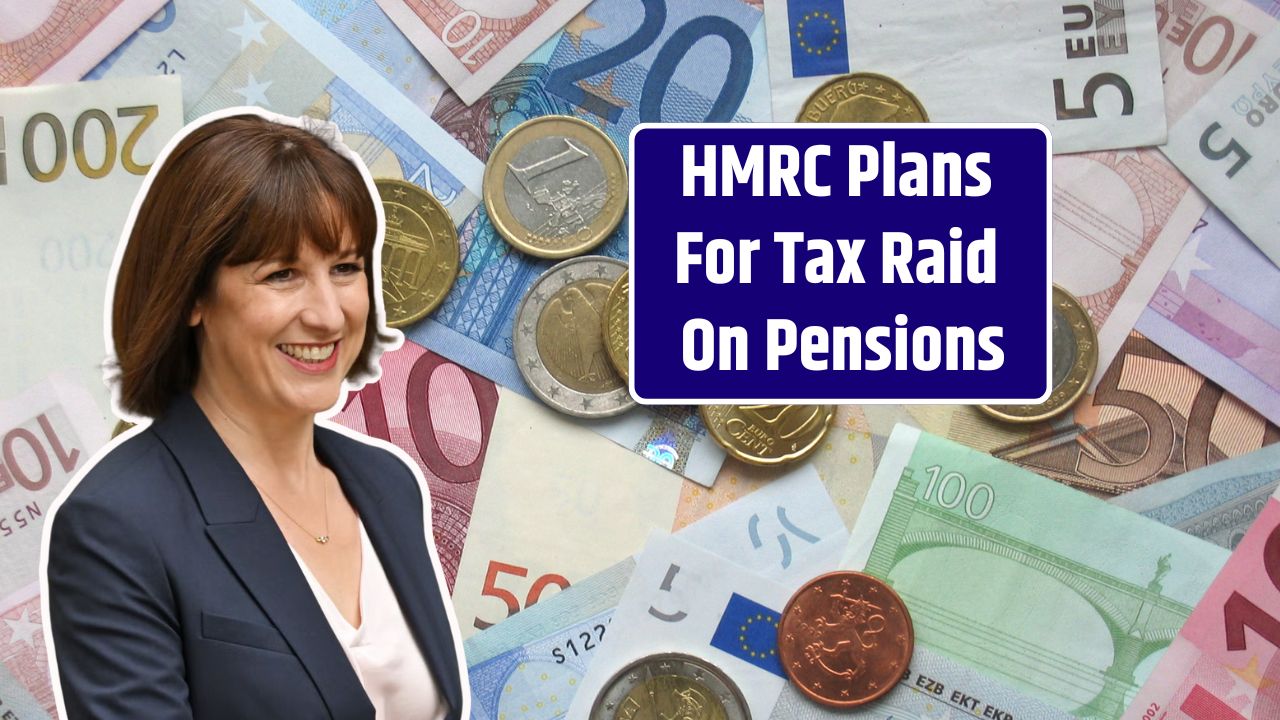Tens of thousands of women born in the 1950s are renewing their fight for justice over what they say is a failure by the UK government to fairly communicate changes to the state pension age. Known as the WASPI campaign—Women Against State Pension Inequality—this movement continues to push back against decisions made by the Department for Work and Pensions (DWP) that significantly affected the financial lives of many.
With legal action now looming, and a recent statement from the DWP just ahead of a key deadline, this decades-old issue has returned to the national spotlight.
Who Are the WASPI Women?
The WASPI group represents women born in the 1950s who expected to start receiving their state pension at age 60, as was the law when they began working. But in the government’s push to equalise the pension age between men and women, the age was increased—first to 65, then to 66—with many women claiming they received little or no notice.
Some women had to wait an extra six years for their pension, disrupting retirement plans, increasing financial hardship, and forcing many to work longer or live off savings they hadn’t planned to use so early.
What Has the DWP Said?
In its recent statement, the DWP acknowledged a 28-month delay in informing affected women of the changes and apologised. However, the department maintains that:
- By 2006, most women already knew about the changes.
- Only 1 in 4 remember reading official letters about the adjustment.
- Compensating these women—estimated at £10.5 billion—would be unfair to taxpayers.
Despite the apology, the government insists that no serious injustice occurred, and refuses to issue financial compensation.
Why Are WASPI Women Taking Legal Action?
WASPI leaders and supporters argue the government’s apology is not enough. They believe the way the changes were communicated was unlawful and caused real financial harm.
The Parliamentary and Health Service Ombudsman (PHSO) found the DWP guilty of maladministration, and recommended that affected women should be paid between £1,000 and £2,950 in compensation.
However, the government has not accepted this recommendation, stating that earlier notification would not have made a significant difference.
Legal Experts Say the Case Has Merit
Legal expert John Beck says the core argument is about procedural fairness, not the policy change itself. The case centers on how the change was implemented and whether the government treated women differently from others in similar situations.
If the High Court agrees, it could force the government to reconsider and potentially offer compensation, even if it’s means-tested to control the cost.
What Are WASPI Women Doing Next?
The WASPI campaign is moving ahead with legal action:
- A legal warning letter was sent to the DWP, demanding a resolution.
- A £75,000 crowdfunding campaign was launched to support legal costs.
- The deadline for government response has passed, increasing pressure for a court case.
Angela Madden, Chair of the WASPI group, says the government’s stance feels like “gaslighting” but insists the fight will continue until justice is done.
Government’s Argument Against Compensation
Here’s why the government says it won’t pay:
| Government Position | WASPI Rebuttal |
|---|---|
| Most women knew about the changes | Many were never directly told, and some only found out at retirement age |
| Compensation would cost too much | Injustice should not be measured by cost |
| Communication delay didn’t cause harm | Thousands of women faced severe financial difficulties |
Summary of What’s at Stake
The WASPI campaign is not asking for the pension age to be reversed, but for fair compensation for the way the changes were communicated. The Parliamentary Ombudsman supports their claim, but the government continues to resist. As the legal fight heads to the High Court, public attention is growing.
This battle is not just about pensions—it’s about how government decisions impact lives, and what happens when mistakes are made.
FAQs:
Who are the WASPI women?
WASPI stands for Women Against State Pension Inequality. These are women born in the 1950s who were affected by the state pension age rising from 60 to 65 and then 66.
Why are they taking legal action?
They claim the government failed to inform them properly, causing financial hardship, and want compensation.
What did the DWP say?
The DWP admitted a communication delay and apologised, but says compensation would be unfair to taxpayers.
How much compensation was recommended?
The Parliamentary Ombudsman recommended between £1,000 and £2,950 per woman, depending on the level of impact.



















I didn’t receive any communication on the pension age i thought i was retiring at 60 and had to work till 66 as well as taking care of both my parents who had cancer. If i hadn’t taken care of them at home it would have cost the council more with putting them in a home and i can’t described how bad it was to watch and care for them. My health detarieted and after all the pressure i ended up with having to have a pacemaker and couldn’t walk needed a new hip and got copd. If i had retired at 60 it would have made a big difference to my caring for my parents and my own health
Yet another lie told to the people in order to get into power!!!
Why can we not take these people to court. Ie. The government????
I am sick and tired of politicians taking power by lying to the people.,!!!
This government has broken every promise it made in order to get into power. They should face the courts!!!!
I had to work 6 more years before I could retire I was not informed it’s only when I phoned at the age of 60 I was told I wasn’t able to retire till I was 65 then I phoned again when I was 65 then I was told again that it is 66 before I can retire so that ment I had to work 6 more years
I was born in 1953 worked till I was 67